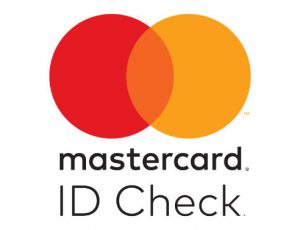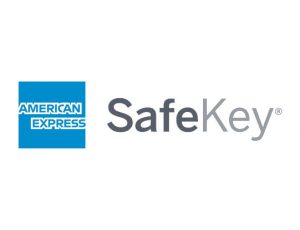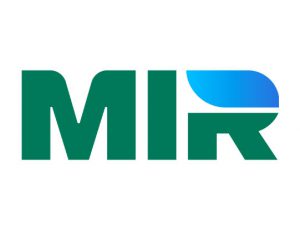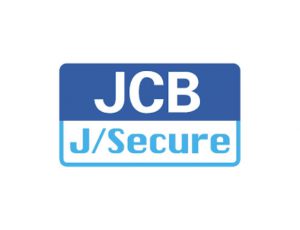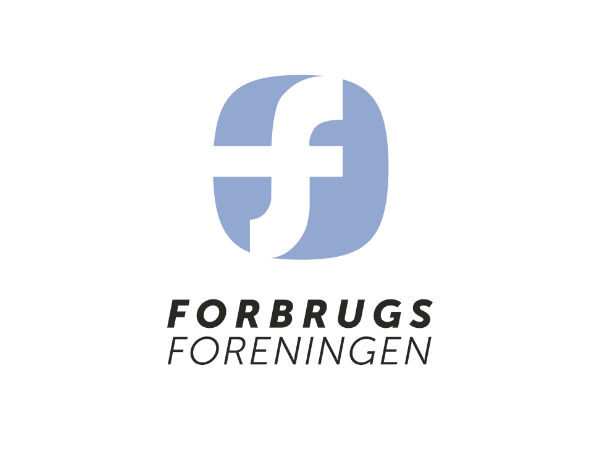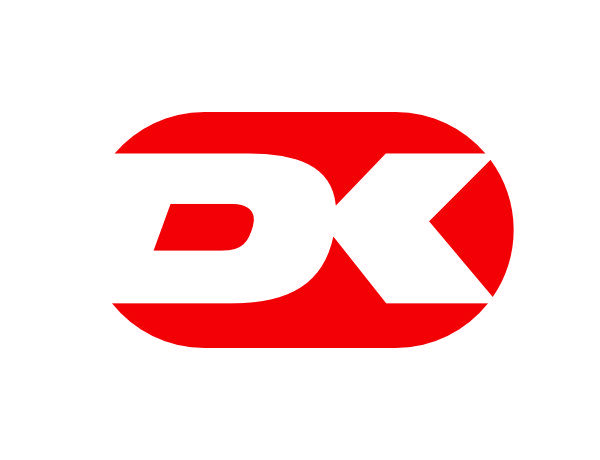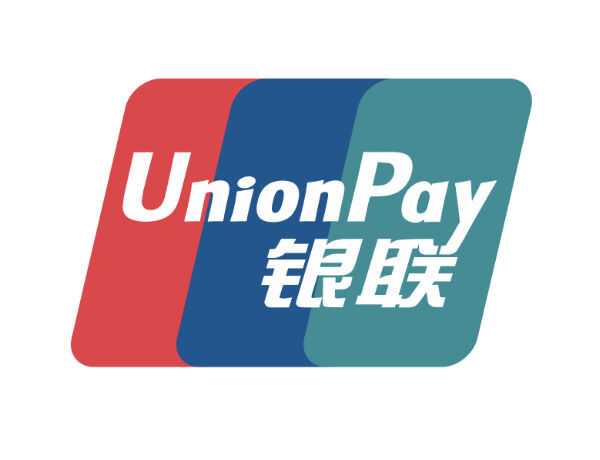All about Recurring and Installment Authentication
Recurring transactions arise when Merchants need to collect regular payments from the cardholders, without waiting for the cardholders to make the payment themselves. TV subscriptions, utility bill payments etc. are typical of these payments
Instalments similarly arise when a fixed amount is broken up over a number of transactions until the full amount is paid. (Instalment Transactions are always included when referring to Recurring transactions in the rest of this article).
First SCA authentication required – PDS2 Requirement
Merchants need to perform a first SCA authentication with the cardholder, specifically requesting a Challenge; the Authentication Value obtained from this SCA must then be used in subsequent Recurring transactions.
Therefore, when sending the subsequent Recurring Transactions, the merchant must still send a 3DSecure Authentication request; this 3DS request identifies the transaction as a Recurring transaction and will link the new transaction to the initial SCA. The ACS knows not to issue a challenge for these types of Authentication requests.
The merchant may also send a non-payment merchant initiated initiate Authentication Request to verify that a subscription user still has a valid form of payment.
Grandfathering
For existing Recurring Payments at the PSD2 RTS effective date of 14th September 2019, i.e. Recurring Payments setup before this date, the principle of “grandfathering” will be applied. This means that SCA is applicable to the setup of new Recurring Payments only, i.e. Recurring Payments initiated after the effective date of 14th September 2019.
Refreshing the Authentication Value
For long-running recurring payments, the Authentication Value needs to be refreshed. Endeavour supports this as well.
The perfect platform for Merchant Initiated Transactions
Recurring and Instalment Transactions are the quintessential Merchant-Initiated Transactions (MIT).
Endeavour has created the ultimate solution for Merchant-Initiated Transactions covering every possible aspect of MIT. All the test scenarios are also supported in our Sandbox environment.

Be in the know
Industry news, events and major releases.
Let's talk payments in Amsterdam!
Endeavour 3DSecure - Authentication done right!
Endeavour 3DSecure and Tokenization, your trusted companion in payments.

